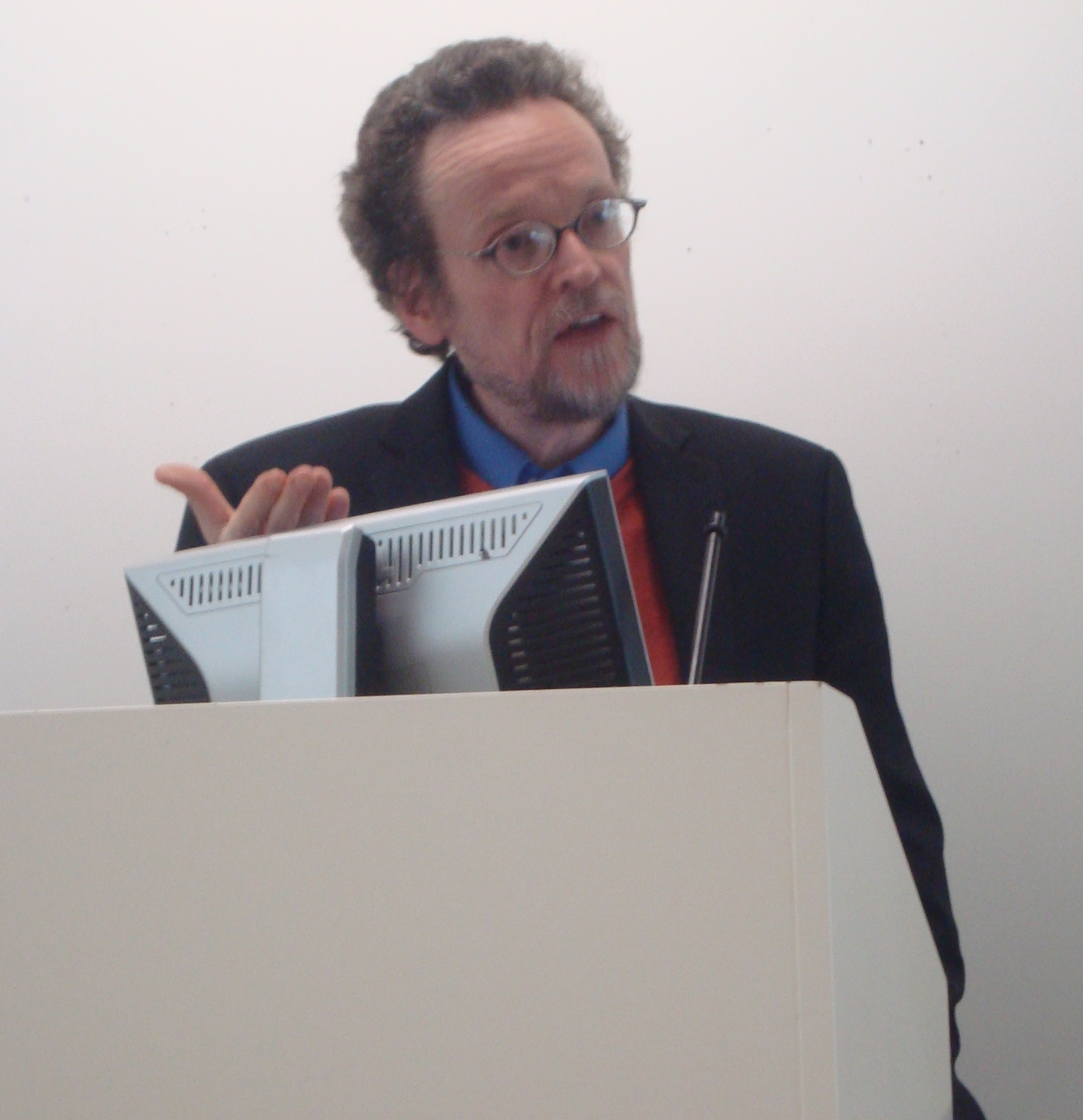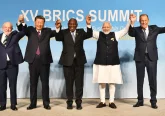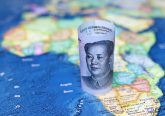A few weeks ago I had the opportunity to attend a talk given by Mike Bonnano, one of the Yes Men (self-proclaimed social justice pranksters famous for impersonating the CEOs of Dow Chemical, General Electric and similar corporate giants in the international media). Bonnano spoke about the need for a “post-ideological revolution” in which we rethink the existing inequalities in income and opportunity and return to the values we all learned when we were children: simple ideas such as sharing, respecting others, and fairness.

These words stuck with me, and retained their salience as I listened, a week later, to Dr. Thomas Pogge speak on the topic of “Globalization, Inequality and the State.” Dr. Pogge is a renowned expert on poverty and human rights, Director of the Global Justice Program and Leitner Professor of Philosophy and International Affairs at Yale University. He visited Oxford as a guest of the State of the State lecture series, which focuses on the transformation of the modern state from the perspectives of political science, philosophy, law, history, economics and sociology.
Dr. Pogge began the discussion as if he were teaching an introduction to macroeconomics; what made his words so compelling was his ability to describe, in more or less simple terms, the systemic causes and institutional factors behind today’s pervasive gaps in the distribution of global capital, an undoubtedly controversial topic. Recounting how globalized capitalism “contains the seeds of it own demise,” Dr. Pogge explained that the vast accumulation of wealth provides incentives to reward-focused players to get ahead— either by changing the rules of the game, or by manipulating their impartial application. Calling this inevitability “the Achilles heel” of globalization, he went on to clarify what happens when competitors (read: multinational corporations) try to influence the system by not playing by the rulebook. The result is that the supposedly neutral referees of the global market (institutions such as the World Trade Organization) become themselves objects of the competition, subject to bribery and behind-the-scenes efforts by corporate entities to sway the outcome in their favour. When this happens, Dr. Pogge elaborated, “because all of the efforts invested in developing new rules and more favourable application of those rules are lost to the system—insofar as those efforts succeed— they diminish the goals the system was supposed to serve in the first place. Goals such as just reward for work, and human flourishing.”
Evidence of the failure of globalization to deliver on its promise of these goals (for anyone other than the top CEOs, that is) is clear from data on income distribution in both the developed and developing world. Pogge shared that in less than 30 years, the income share in the United States declined for households in the bottom 50% from once having claim to 26.4% of GNP in 1978, to only 12.8% in 2007; meanwhile, the top 1% wealthiest Americans saw their income shares rise dramatically from 8.95% to 23.5% in that same period. Similarly, though globalization has increased the global product overall, the share occupied by the poorest 25% has decreased sharply, from an already meagre 1.16% of the world’s wealth in 1988 to a startlingly low 0.78%—less than 1% of the world’s wealth— in 2005.
In addition to the systemic economic factors behind these figures, Pogge charged that “important supranational arrangements have greatly aggravated inequality and poverty, and are formulated, upheld, enforced, and potentially revised, by the world’s most powerful governments.” Despite this grim sketch of the global predicament, he remains hopeful. He told us that the states with the biggest roles to play are heavily influenced by corporate lobbying, but that this can be countered by citizens’ efforts to call for more transparency and democracy in international negotiations. “Global financial leaders don’t hate the poor or have a vendetta against them,” Pogge said, “they just don’t pay any mind to the effects of their policies.” Given the publicly known, perverse international disparities in standards of living, however, it is hard to let corporations off the hook. Simply contrast the fact that while more than 50,000 individuals die each day due to poverty-related causes, investment bank Goldman Sachs turned a profit of 36 million US dollars each day in 2009.
Clearly, something (or someone—Goldman Sachs, anyone?) has got to give. Dr. Pogge concluded with a note of optimism, offering suggestions for what morally motivated people can do to exploit his analysis. The silver lining might be that the current system is not only unsustainable for the worst-off, but also for the “Rich and Mighty.” Dr. Pogge explained: “there is growing incoherence of the whole scheme of rules because its various commitments are shaped by different sets of players with diverse special interests. The strongest players might eventually give up some of their special influence because the growing number of players in the system means that their efforts are becoming less effective.”

The hope, and Dr. Pogge’s hypothesis, is that “even the Rich and Mighty might find structural reforms that lessen inequalities are in their interests, too.” The aim of our political efforts he believes, should therefore be to work towards enduring structural reform that effectively symbolizes the idea that all human lives are of equal value. Such efforts would bring us all back to those lessons learned on the proverbial playground: sharing, fairness, and respect for others.
Cailin Crockett is a first-year MPhil in Political Theory at Oxford University and Graduate Ambassdor for PoliticsinSpires.org; her research is on gender policy and global justice.








2 Comments
well put 🙂 i wonder if there is a tension between pogge’s (marxian) vision of melting, unsustainability and exponentially worsening crises, and his hope for a seamless process of evolution towards more equitable and qualitatively identical global structures?